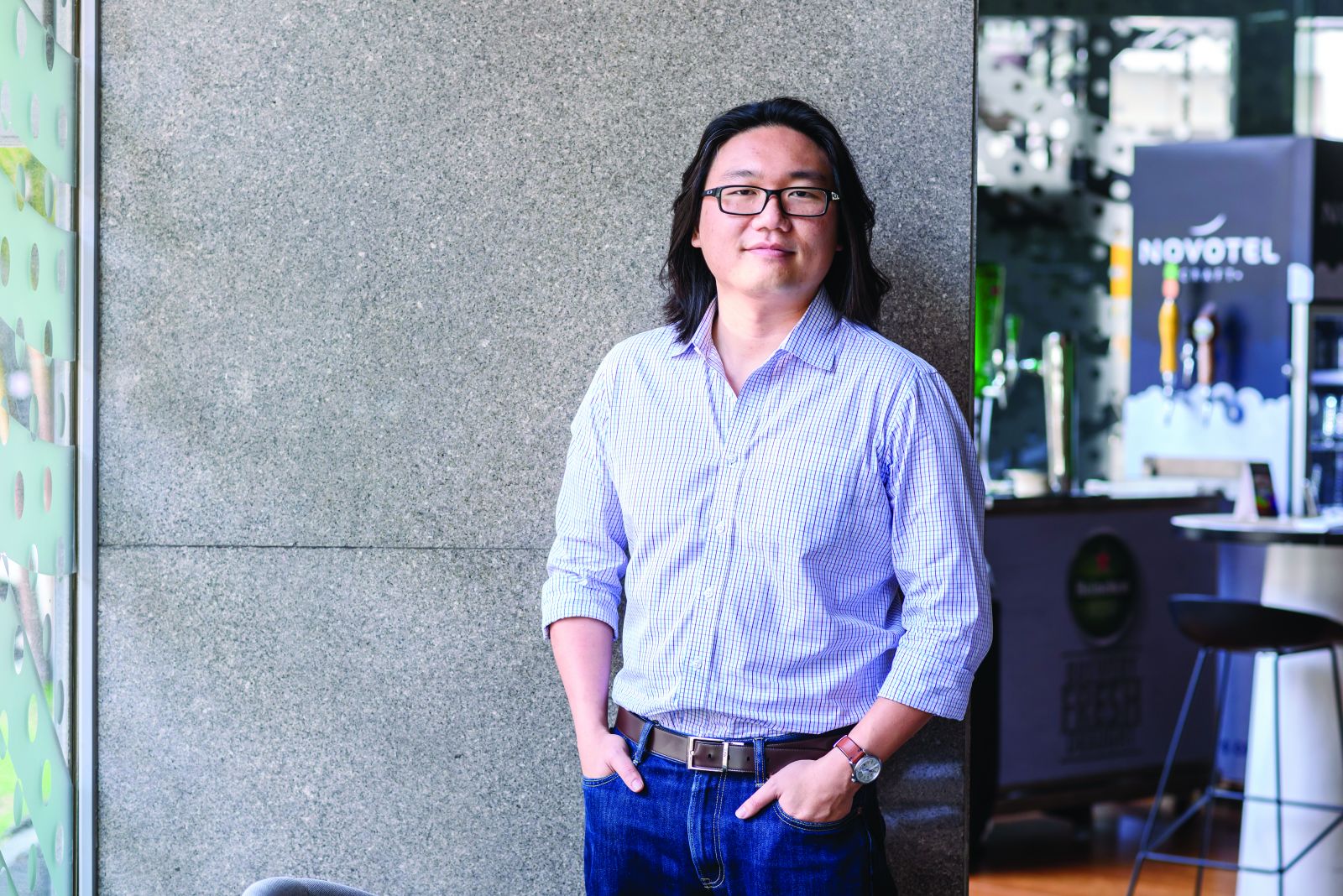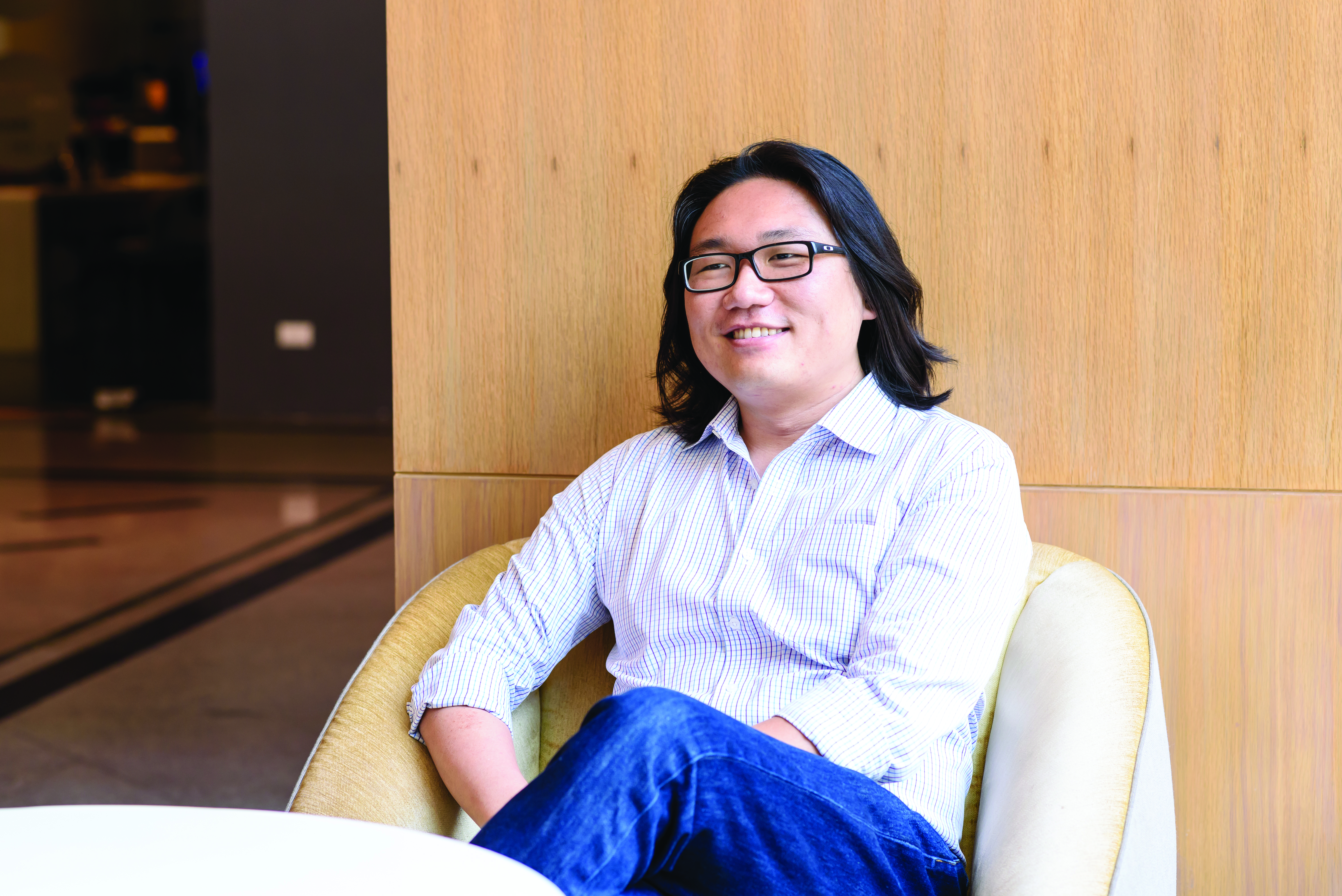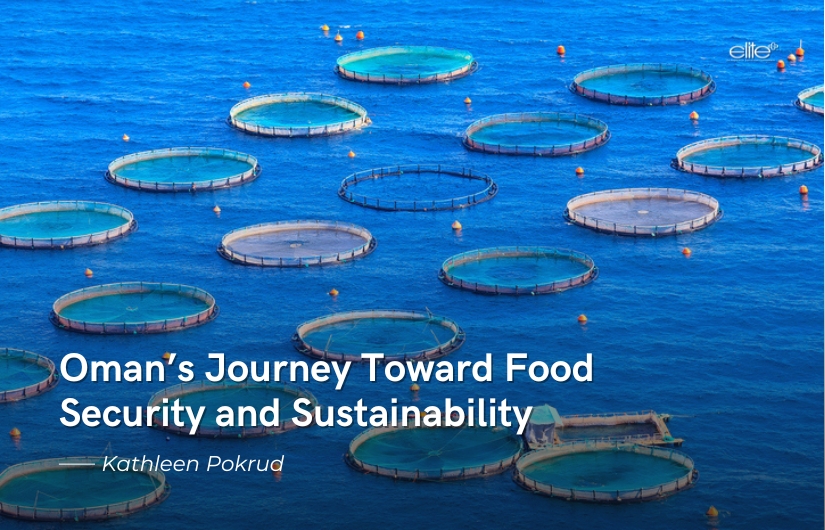Arthur Kaneko, CEO of Real Scout, a comprehensive real estate digital platform from California, talked to Elite+ about how technology can better serve property sellers, agents and buyers in the complex and slowly evolving world of real estate without leading to job losses.
You have a background in international relations and economics from Stanford. What led to the switch to technology?
I studied international relations and economics because my background is very international. My mother is Chinese and my father is Japanese. In college, I thought about becoming a diplomat, but Stanford, where I studied, was in the heart of Silicon Valley, so whether or not you studied technology, you were naturally exposed to it.

Tell us about the jump to real estate. What does Real Scout do?
That’s even less connected [laughs]. When I was at DCM Ventures, I met the founder of my company today, Real Scout. I didn’t really choose the real estate industry, but it was interesting in terms of old-fashioned business. Compared to others, it changes so slowly.
Most of the time, clients search for property on websites or apps that brokers or agents don’t control. Real Scout is a collaborative platform that helps brokers sell their properties, with a particular focus on residential – homes and apartments. We also focus basically on the resale market, not new homes. It is a third-party platform that lists properties. From a consumer’s standpoint, if you work with a broker, you want the same information. We create a single place where brokers or agents work with their customers.
How big is the platform?
We started in California, in a neighbourhood where we all lived. Now we are available in New York and Florida, where big real estate brands and agents are using our platform. I’m excited that it's starting to become a household name. Apart from our app and website, we communicate via email. Clients are notified about new homes through emails.
We’re a small team and we don’t outsource our projects. It’s important that our product is the best it can be. Outsourcing is merely cheap – not fast or efficient, if you really think about it.
How has the feedback been from brokers and the industry so far?
Philosophically, we want to help people, not replace them. That’s really resonated. A classic example is the travel industry, where travel agents have been replaced by, say, Expedia, making agents fear that they are going to be replaced. But we are telling them that this platform is making them more valuable.
Instead of trying to eliminate people from the loop, our software focuses on the relationship between the consumers and agents or brokers. That’s because people, who are going to make a major purchase like a home, want to work with professionals or experts. This is novel and that’s why we succeeded. We actually use technology to bring people together rather than cutting them out.

How does the platform work?
We’re filling a gap. Having the ability to work with your clients is one thing, but there's another whole layer that is available – data.
A classic example is that any property agent could tell you the number of homes they are selling today, but are unable to tell you the number of buyers they are working with. This is how the consumer side of the market is very unmeasured in the US property market. In certain markets, we see extremely serious home buyers working with experts using our platform searching for homes. That’s the current state of demand in the market. We should be able to give the same information to consumers, agents or brokers.
Basically, it's as if I were running a New York stock exchange, and I know what stocks are available but don't know who my customers are. That's absurd. That's how the real estate in the US has been. So we want to fix that by providing the buyers’ side of the market. That's what we want to do in the long term.
In an industry that has not seen a great deal of technological disruption, are people struggling to adapt?
That's a great point. It's a fact that the average age of brokers and agents in the US is 55. But at the end of the day, they are real professionals and they are willing to adapt and change. So the important thing is to make the platform user-friendly and add value for your agents.
What about feedback from consumers?
The consumers are the other side of the coin. They are paying money and eventually work with a real estate agent and they expect the best of the relationship. What we hope is that this results in an interesting situation in which they love our software and they love their agents even more. For us, that's great. We do good work, agents do good work and clients are happy. It's an absolute win-win situation for everyone. For me, this is personal. I like being in the technology space without creating losers. I don't have to be Expedia or Travelpedia and put people out of work. I can be RealScout, a platform that makes everybody happier.
Can we say Real Scout is the pioneer in this field?
I think it's an overused term. A lot of people came to us saying we are the first company to do this. But in history, a company that does something first isn't usually the company that does it best. Facebook wasn’t the first social media company. Google wasn't the first search engine. I don't think we are the first company doing this but I certainly want to be the best company.
Do you have many competitors?
A lot of people do something that looks like us, but the biggest challenge in the US is to make a local company into a national company. So companies get a little success in Chicago or Miami, but they can't make the leap until they are also successful in New York or California.
Our philosophy is to get things right for our customers. If they want to use our competitor or want us to work with our competitors, of course [we will do it because] our job is to make you successful. But we also have confidence in the fact that the problems we have solved were pretty difficult. And not every company has been able to solve them.
From its California beginnings, is Real Scout operating in all US states now?
It's complicated. In the real estate industry, data is totally fragmented. Every county, every city, has their own real estate database. We have to go in and work with those databases and there are hundreds of them in close to 50 states. In other words, we don’t have 100% coverage.
What's the biggest challenge in your business, and how do you deal with it?
We are a very small team, and the bad news is we’re lacking capacity. The hardest part is to figure out what's the most important thing because we can only do one or two things at a time. We want to do that for now.
We’re a small team of 14-15 people. My philosophy is when it comes to our customers or the team, there’s little I don't talk about. Some companies obviously have things they tell employees and others they don’t. But I’ve found that there's very little that employees can't understand. Team members at the most basic level – take those at customer-service level – can understand why you have made very difficult decisions at the highest level of the company.
Most companies just don't explain why. It's that simple. If you go and communicate clearly, and with a good understanding of what's going on, you can get people to understand and build long-term trust and loyalty. We have a loyal team and customers stick with us. I think people know that they can trust us because we don't bother to hide anything.
Do you have advice for people in a startup?
I think one of the first things people have to think about is: Do you really want to start this? Most people who think they want to start a business actually shouldn’t have done it. There's a huge misconception that being an entrepreneur is a glamorous or sexy thing to do.
Starting a business isn’t about having a good idea or good market research, but about understanding how to run a business. Running a business is getting your hands incredibly dirty, it's hard work, and more importantly, it’s very hard on your family, friends and yourself. If you’ve started a business, then stay focused, patient and be ready for failure. If you think you are going to start a business and are going to be winning 80% of the time, you are wrong.
The most successful business means losing 80% of the time and winning 20% of the time. But that 20% winning is still better than everybody else who is winning just a tiny percentage of the time. This may not be sexy advice, but you have to be patient, focused and tolerant amid a lot of unglamorous things.
Does your background in international relations help with your work?
What I was taught was how to talk to people, how to be convincing. The scholarly side of international relations is how you craft an argument that convinces people. And 80% of the non-technical side of business is convincing people of something. In that regard, it really helped me. Economics is certainly helpful because we work in the marketplace. I miss international work. I did a lot of international work in my previous job. But who knows, we may get more international as well.
They say startup people have all the time in the world. What’s your day like?
It’s not true. For the past year and a half, we haven’t had an office so we are a fully remote company. Everybody works from home. In the US, there are pioneer companies with, say, 2,000 employees, that do this on scale. So a company with 14 or 15 people doesn't sound so crazy and we may never have an office. My day starts when I wake up, take a shower, have a coffee and then go to the office in my home. Every day, we have a video conference with the entire company. We all spend around one minute describing what we did yesterday and what we plan to do today. That's how we create a connection every day and learn of each other’s whereabouts. The crazy thing is we have become more efficient than when we had an office. I sit in my office which is in my apartment. I work, I have lunch, and I go back to work. My day is over when my wife comes back from work and we have dinner.
What brought you to Bangkok this time?
I've come here with my mother promoting one of her books. It’s about how she raised three sons to go to Stanford. Actually my youngest brother is still at Stanford. The book has always been successful in Japan and Korea, Hong Kong and China. The book is now available in Thai; it will be great to be here andprovide audiences with some context to the book.
Were you the son that Agnes Chan brought towork and caused the ‘Agnes controversy’?
Yes. During her maternal leave, she was asked to resume work. Her condition was that she bring me to work, to breastfeed me when I was just several months old. She took her baby to work, which wasn’t common in Japan 30 years ago. Some said she did the best for her child and didn’t compromise, but others said she should choose to either be a career woman or a housewife, taking care of her children at home. It was crazy criticism but that was 30 years ago.
The controversy became a national debate among academics and social commentators and that was how the “Agnes controversy” was coined. It was a defining moment for feminism in Japan. And that was also how she created a connection with Stanford and later obtained her PhD in education. My impression is that she doesn’t have an agenda or didn’t plan to put an agenda out there. She only knows what she believes in and does it. She’s willing to speak up and educate people about it.
Is there anything your mother taught you that you still hold on to?
A lot, actually. One thing she taught me is that hard work doesn't guarantee success. There's no such thing. But every successful person works hard. So if you want to do anything, put everything into it and that's going to maximize your chance of success. That's the right thing to do. That idea defines a lot about how I run my company. And that defines my relationship and my hobbies. If you want to do it, go for it as hard as you can to be the best. You may not be the best, but it's okay.
What are your hobbies?
I'm a real hobbyist. My hobby is actually to learn new hobbies. A couple of things have stuck with me over the years, such as cooking, which is strongly influenced by my parents, who love cooking. My wife is also huge on baking. We also love outdoors activities. Fortunately, in California we have skiing, the ocean, deserts and mountains – it’s a great place for outdoor activities.
































































































































































































































































































































































































































































































































































































































































































































































































































































































































